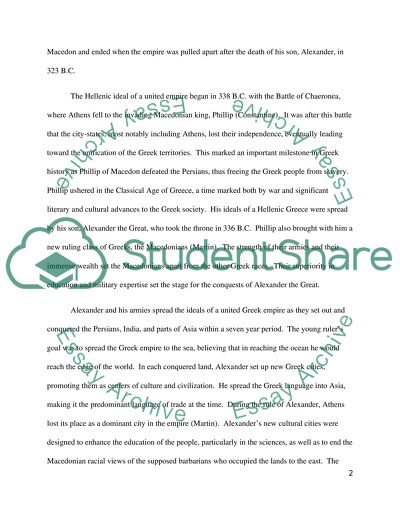Cite this document
(“Early Modern Athens and Early Travellers to Greece Essay”, n.d.)
Early Modern Athens and Early Travellers to Greece Essay. Retrieved from https://studentshare.org/miscellaneous/1517186-early-modern-athens-and-early-travellers-to-greece
Early Modern Athens and Early Travellers to Greece Essay. Retrieved from https://studentshare.org/miscellaneous/1517186-early-modern-athens-and-early-travellers-to-greece
(Early Modern Athens and Early Travellers to Greece Essay)
Early Modern Athens and Early Travellers to Greece Essay. https://studentshare.org/miscellaneous/1517186-early-modern-athens-and-early-travellers-to-greece.
Early Modern Athens and Early Travellers to Greece Essay. https://studentshare.org/miscellaneous/1517186-early-modern-athens-and-early-travellers-to-greece.
“Early Modern Athens and Early Travellers to Greece Essay”, n.d. https://studentshare.org/miscellaneous/1517186-early-modern-athens-and-early-travellers-to-greece.


